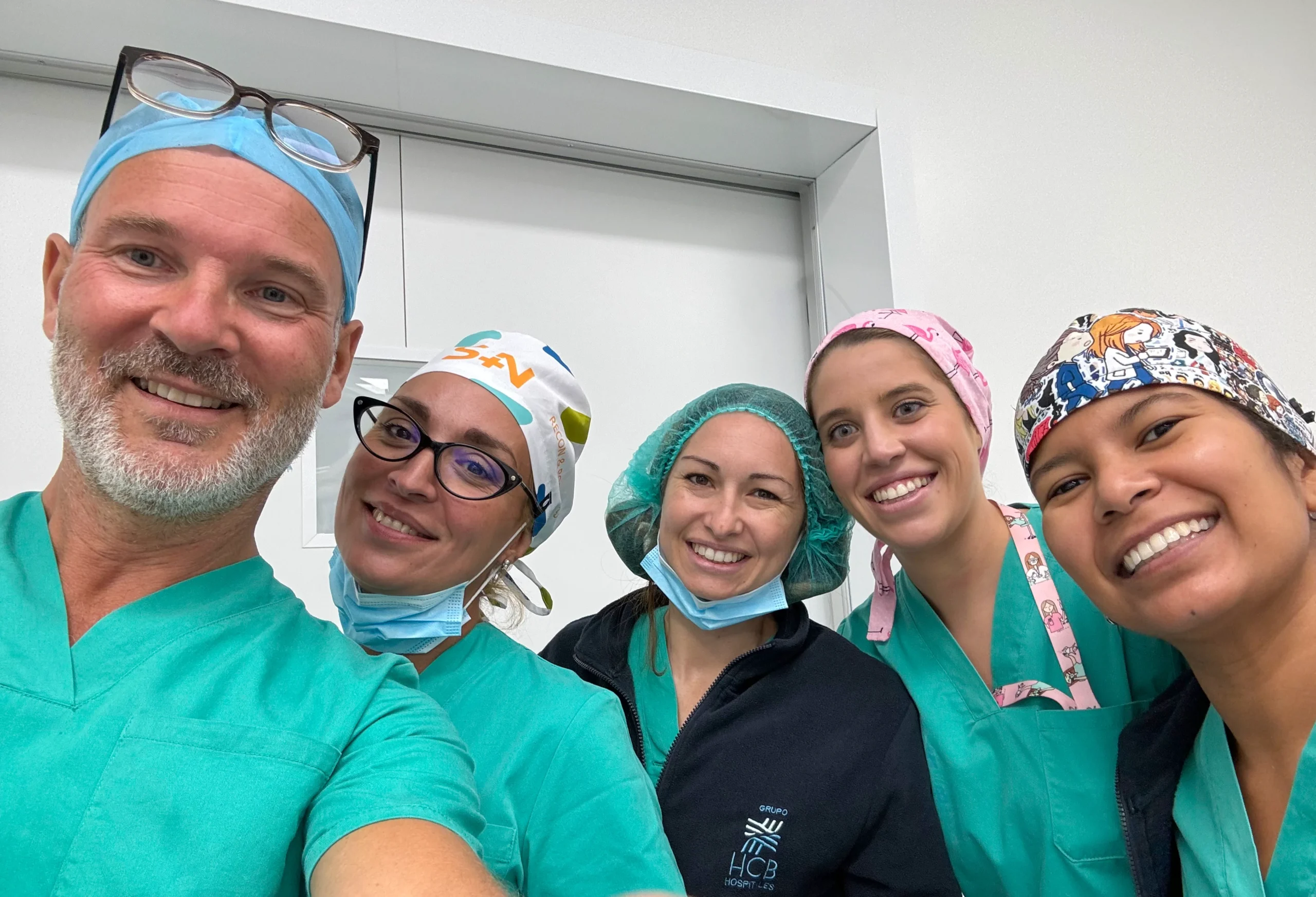
Informed Consent in the case of a Hip Replacement
When considering hip replacement, it is important that you are fully informed about the procedure so that you can make an informed decision. We call this process informed consent, or ‘informed consent’. Below you can read about what informed consent means in the case of hip replacement.
What does the surgery involve?
Drs Lucas Kleijn will explain why a hip replacement may be necessary. He will discuss how the operation goes and answer any questions you may have.

What are the risks and complications?
As with any surgery, there are risks associated with hip replacement surgery. Drs Lucas Kleijn will inform you about possible complications, such as:
- Infections. By applying hygiene measures such as antibiotics and air treatment, the risk of wound infections is low, but not zero. Serious infections occur in about 2% of all cases.
- Bleeding. The procedure always involves more minor bleeding. Thus, wound fluid may still leak or there is pain from bruising.
- Bone fractures. A fracture of the pelvic bone or the femur bone may have consequences for postoperative treatment. It may not be possible to load immediately if the bone is damaged. Fortunately, this is extremely rare.
- Thrombosis (blood clots) By means of blood thinners in the first weeks after surgery, the risk of thrombosis is minimised. But the risk is not zero even under blood thinning. In case of severe swelling of the leg or sudden shortness of breath, report this. Undertaking a longer flight immediately after surgery increases the risk of thrombosis
- Survival of the prosthesis. By applying ceramic materials, rapid wear of the prosthesis is a thing of the past. The much-heard survival of 15 years is no longer current. Latest research shows a life-long prosthesis survival of 95% for people aged 70 and older.
- Nerve damage; when applying the anterior approach in experienced hands, there is an extremely small chance of serious damage to the femoral nerve in the groin. The probability of this is well below 1%. What does occur more frequently is bruising of a skin branch near the scar. This may cause a dull spot in the area under the scar. This spot may persist for several months before the area shrinks. Permanent dullness may also be permanent, but is rarely perceived as bothersome.
- The risk of the prosthesis dislocating (luxation) is very small with the anterior approach surgery. Again, the 1% is not achieved.
- Leg length difference; because the patient lies supine in the anterior approach, the leg length can be determined fairly accurately during surgery. An unwanted leg length difference is almost non-existent in this case.
- There are also the general risks of surgery, such as complications due to anaesthesia.
What can you expect during recovery?
An important part of informed consent is knowing what to expect after surgery. Drs Lucas Kleijn will explain how long recovery usually takes, what improvement you can expect in your mobility and pain reduction, and what limitations, if any, remain. The importance of rehabilitation and physiotherapy after surgery will also be discussed, as well as the use of assistive devices during recovery.
Are there alternative treatments?
A hip replacement is not always the only option. Drs Lucas Kleijn will inform you about alternative treatments, such as physiotherapy, medication, weight loss, or injections with corticosteroids, depending on your situation.
Your questions and consent
Informed consent means that you are given sufficient time to ask questions and fully understand all the information. It is important that you do not feel pressured to undergo the procedure. Once you have received and understand all the information, you give verbal or written consent for the operation.
Going through these steps carefully will ensure that you can make the right decision about your hip surgery. Do not hesitate to ask questions if you want to know more about the procedure or the possible consequences.